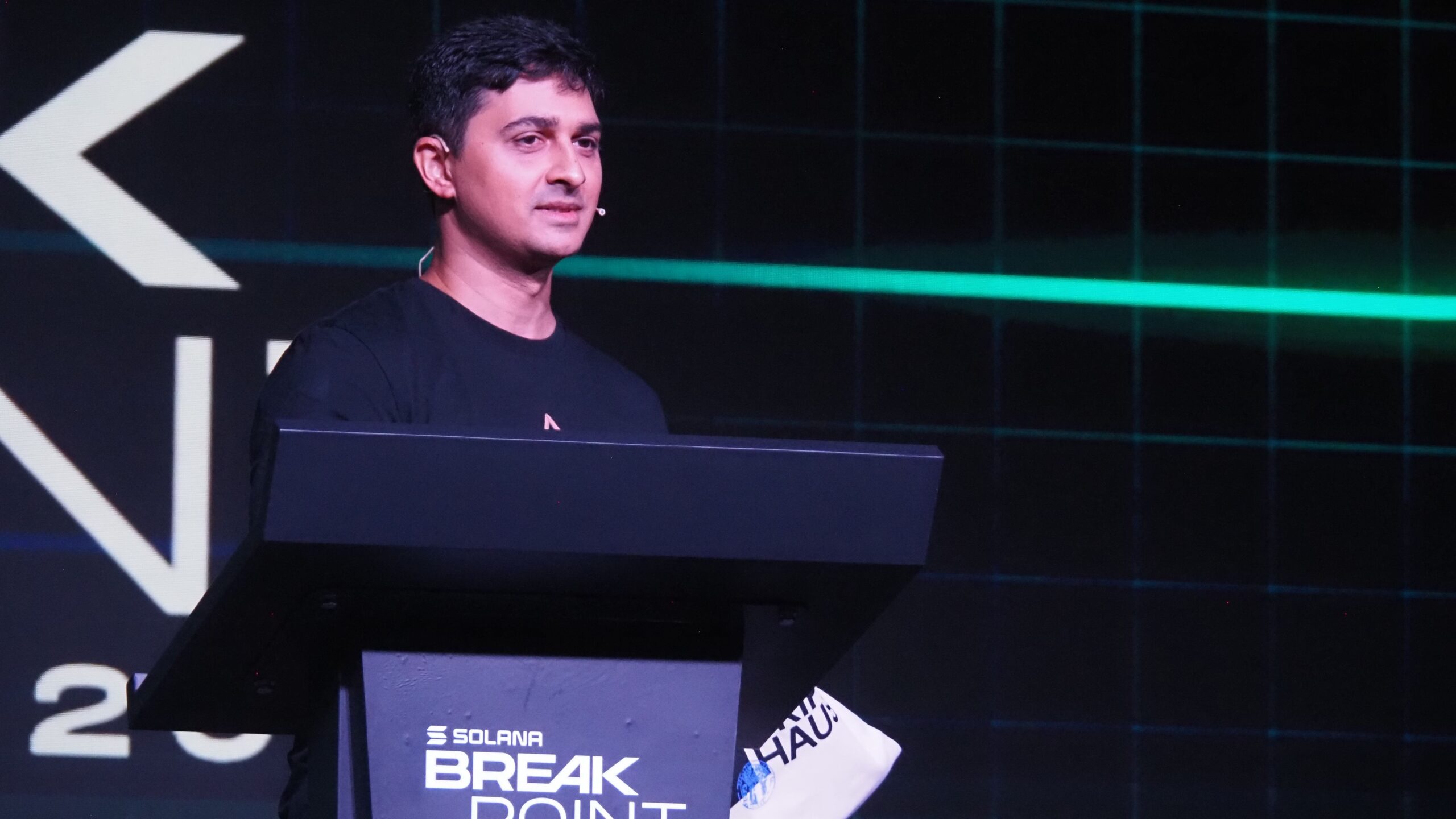A Debate on Ethereum Layer-2 Fees: A Perspective from Scroll’s Co-founder, Ye Zhang
In a recent social media post, Ye Zhang, the co-founder of Ethereum layer-2 network Scroll, shared his thoughts on the ongoing debate regarding the imposition of fees on layer-2 networks. Zhang’s post, published on April 2, 2023, drew attention to the potential harm this proposal could inflict on Ethereum’s long-term vision.
Arguments Against Layer-2 Fees
Zhang began by emphasizing the importance of Ethereum’s decentralized nature and the role of layer-2 solutions in enhancing its scalability. He then outlined several arguments against the proposed fees:
- Potential Centralization: Implementing fees on layer-2 networks could lead to centralization as only larger players with deeper pockets would be able to afford the fees.
- Inhibiting Innovation: The imposition of fees may discourage innovation, as developers might be less inclined to build on a platform with added costs.
- Reduced Accessibility: Fees could limit access to Ethereum for individuals and projects with smaller budgets, thereby reducing the network’s inclusivity.
Implications for Users and the World
Now, let’s discuss the potential impact of this debate on individual users and the world at large.
Impact on Users
For users, the implementation of fees on layer-2 networks could lead to increased costs when interacting with decentralized applications (dApps) or participating in decentralized finance (DeFi) protocols. This might discourage some users, particularly those with smaller budgets, from engaging with the Ethereum network. However, it’s important to note that the exact implications would depend on the specifics of the fee structure and the market response.
Impact on the World
At a broader level, the debate around Ethereum layer-2 fees could influence the adoption and development of decentralized technologies. If Ethereum were to impose fees on layer-2 networks, it could set a precedent for other blockchain networks. This might discourage the development of decentralized solutions in favor of more centralized alternatives. Conversely, if Ethereum chooses not to impose fees, it could strengthen the network’s position as a leader in decentralized technologies.
Conclusion: A Balance Between Scalability and Decentralization
In conclusion, the debate surrounding Ethereum layer-2 fees raises important questions about the balance between scalability and decentralization in the blockchain ecosystem. While the need for scalability is undeniable, it’s crucial to consider the potential implications on accessibility, innovation, and decentralization. As the Ethereum community continues to discuss this issue, it’s essential to keep an open mind and explore alternative solutions that can address scalability concerns while upholding the core principles of decentralization.
As a user, it’s essential to stay informed about these developments and adapt to the changing landscape. By doing so, we can contribute to the growth and evolution of decentralized technologies and ensure they remain accessible and inclusive for all.





